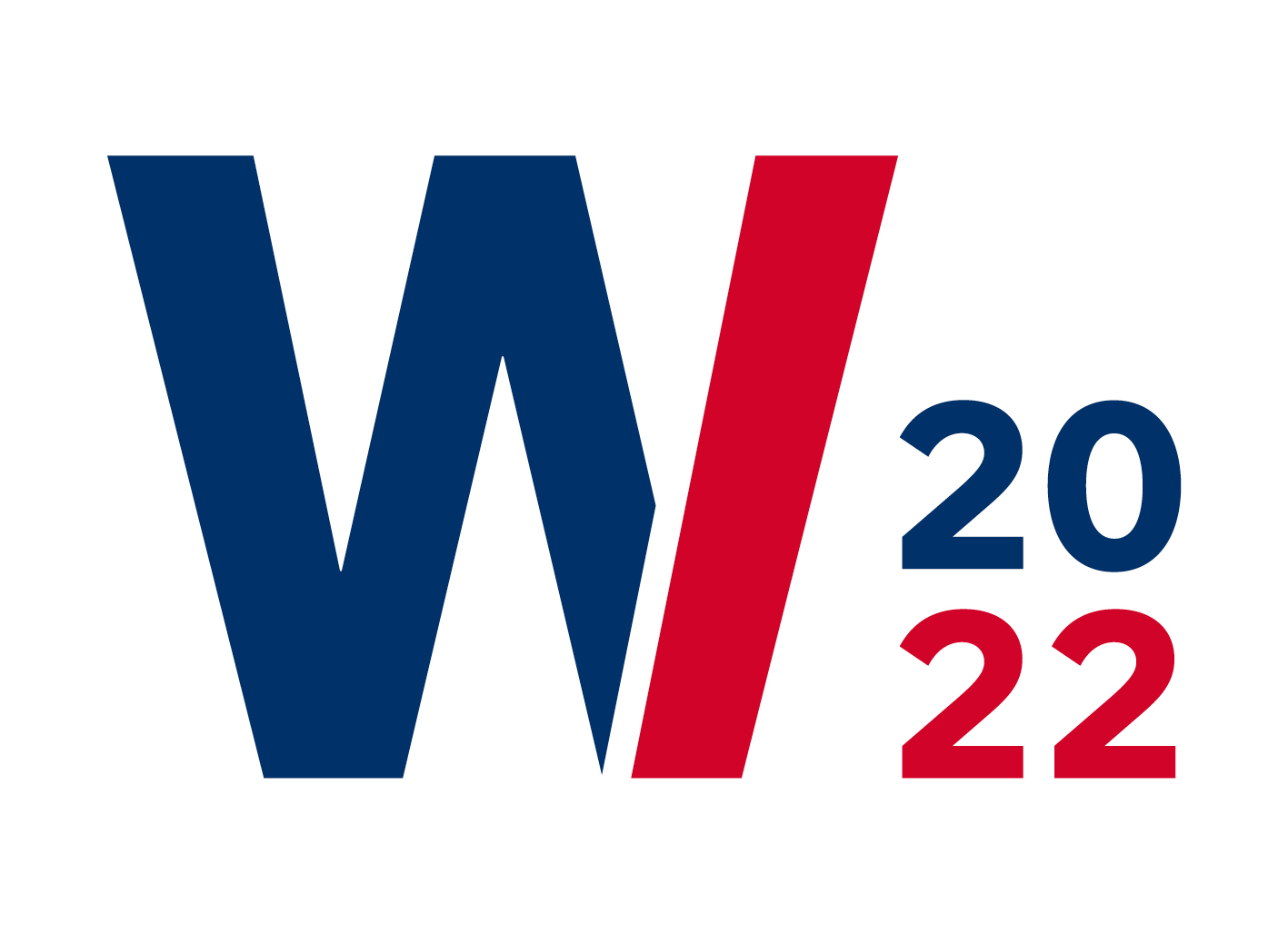Loading...
Description
Being an established discipline, Business Process Management (BPM) confronts various challenges related to digitization and rapid penetration of technologies into business processes (BPs). As a result, both generated and used data, such as textual data and event logs, grow exponentially, complicating the decision-making. Event logs are typically used to analyze BPs from several perspectives, including complexity. Recent approaches to BP complexity analyses focus on BP models and event logs, limiting the consideration of textual data. Hence, we propose a BP complexity analysis framework combining textual data and event logs. The framework has been conceptualized based on the IT Service Management (ITSM) case study of an international telecom provider and further developed in the IT department of an academic institution. The latter has also been used to investigate the value of the framework. Our preliminary findings show that the framework can enable comprehensive process redesign and improvements.
Recommended Citation
Revina, Aleksandra and Aksu, Ünal, "Towards a Business Process Complexity Analysis Framework Based on Textual Data and Event Logs" (2022). Wirtschaftsinformatik 2022 Proceedings. 4.
https://aisel.aisnet.org/wi2022/bpm/bpm/4
Towards a Business Process Complexity Analysis Framework Based on Textual Data and Event Logs
Being an established discipline, Business Process Management (BPM) confronts various challenges related to digitization and rapid penetration of technologies into business processes (BPs). As a result, both generated and used data, such as textual data and event logs, grow exponentially, complicating the decision-making. Event logs are typically used to analyze BPs from several perspectives, including complexity. Recent approaches to BP complexity analyses focus on BP models and event logs, limiting the consideration of textual data. Hence, we propose a BP complexity analysis framework combining textual data and event logs. The framework has been conceptualized based on the IT Service Management (ITSM) case study of an international telecom provider and further developed in the IT department of an academic institution. The latter has also been used to investigate the value of the framework. Our preliminary findings show that the framework can enable comprehensive process redesign and improvements.


